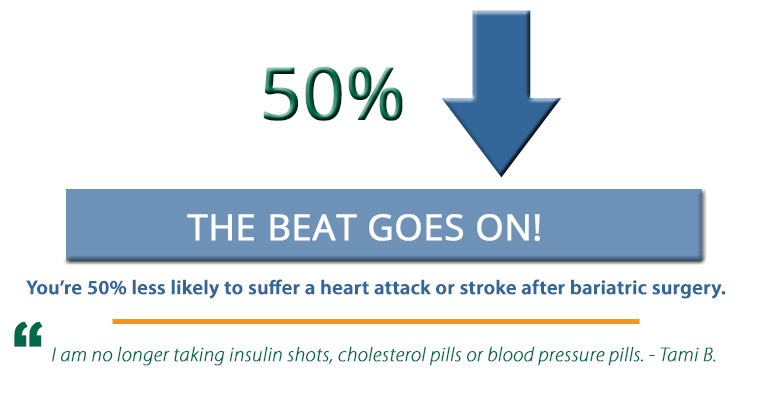Magnesium
Magnesium needed by every cell in the body and is involved in hundreds of biochemical reactions. It helps convert food to energy, create proteins from amino acids, creates and repairs DNA and RNA, helps muscles to contract and relax, and is involved with regulating the nervous system—just to name a few.
Download Healthful Tips: Magnesium – It’s Needed by Every Cell
Low Magnesium Impacts Health
Studies are mixed, but do indicate that low levels of magnesium may impact your health:
- Because magnesium helps to move blood sugar into muscle cells (for energy) and get rid of lactic acid during workouts, low levels may reduce your energy or performance.
- Adequate magnesium in needed for brain function and mood, an increased risk of depression and anxiety is linked to low levels of magnesium.
- Low levels of magnesium may impair the body’s to move blood sugar into cells resulting in insulin resistance and type 2 diabetes.
- Magnesium supplements can help to lower blood pressure in those with high blood pressure and low magnesium levels.
- Chronic inflammation in the body is linked with many diseases from obesity, type 2 diabetes, insulin resistance, heart disease, and cancer. Low magnesium intake is linked to chronic inflammation.
- Low magnesium may be linked to migraines.
- Premenstrual syndrome may be improved with the addition of magnesium supplements.
- Adequate magnesium can help with a restful night’s sleep.
How Much Do You Need?
The recommended daily intake is 400–420 mg per day for men and 310–320 mg per day for women. You can get adequate magnesium by eating a variety of magnesium-rich foods and/or through supplementation.
Food Source of Magnesium
Magnesium is found in a wide variety of foods. Green leafy vegetables, legumes, nuts, seeds, and whole grains are good sources. The body absorbs 40-60% of the magnesium in foods.
| Food | Milligrams (mg) per serving | Food | Milligrams (mg) per serving |
| Almonds, dry roasted, 1 ounce | 80 | Breakfast cereals, fortified with 10% of the DV for magnesium | 40 |
| Spinach, boiled, ½ cup | 78 | Oatmeal, instant, 1 packet | 36 |
| Cashews, dry roasted, 1 ounce | 74 | Kidney beans, canned, ½ cup | 35 |
| Peanuts, oil roasted, ¼ cup | 63 | Banana, 1 medium | 32 |
| Cereal, shredded wheat, 2 large biscuits | 61 | Salmon, Atlantic, farmed, cooked, 3 ounces | 26 |
| Soymilk plain or vanilla, 1 cup | 61 | Milk, 1 cup | 24–27 |
| Black beans, cooked, ½ cup | 60 | Halibut, cooked, 3 ounces | 24 |
| Edamame, shelled, cooked, ½ cup | 50 | Raisins, ½ cup | 23 |
| Peanut butter, smooth, 2 tablespoons | 49 | Chicken breast, roasted, 3 ounces | 22 |
| Bread, whole wheat, 2 slices | 46 | Beef, ground, 90% lean, pan broiled, 3 ounces | 20 |
| Avocado, cubed, 1 cup | 44 | Broccoli, chopped and cooked, ½ cup | 12 |
| Potato, baked with skin, 3.5 ounces | 43 | Rice, white, cooked, ½ cup | 10 |
| Rice, brown, cooked, ½ cup | 42 | Apple, 1 medium | 9 |
| Yogurt, plain, low fat, 8 ounces | 42 | Carrot, raw, 1 medium | 7 |
Supplements
It’s always to a good idea to check with your physician before taking any supplements as they may interact with medications. Supplements come in many forms—in general look for magnesium citrate or glycinate. Don’t overdo it–magnesium supplements can have a laxative effect and toxicity can occur with excessive supplementation over time.
Conclusion
A good intake of magnesium is essential to every cell in your body and overall good health. Choose to eat a variety of magnesium-rich foods each day and if you don’t feel that you’re getting enough, talk to your healthcare provider about trying a supplement.





